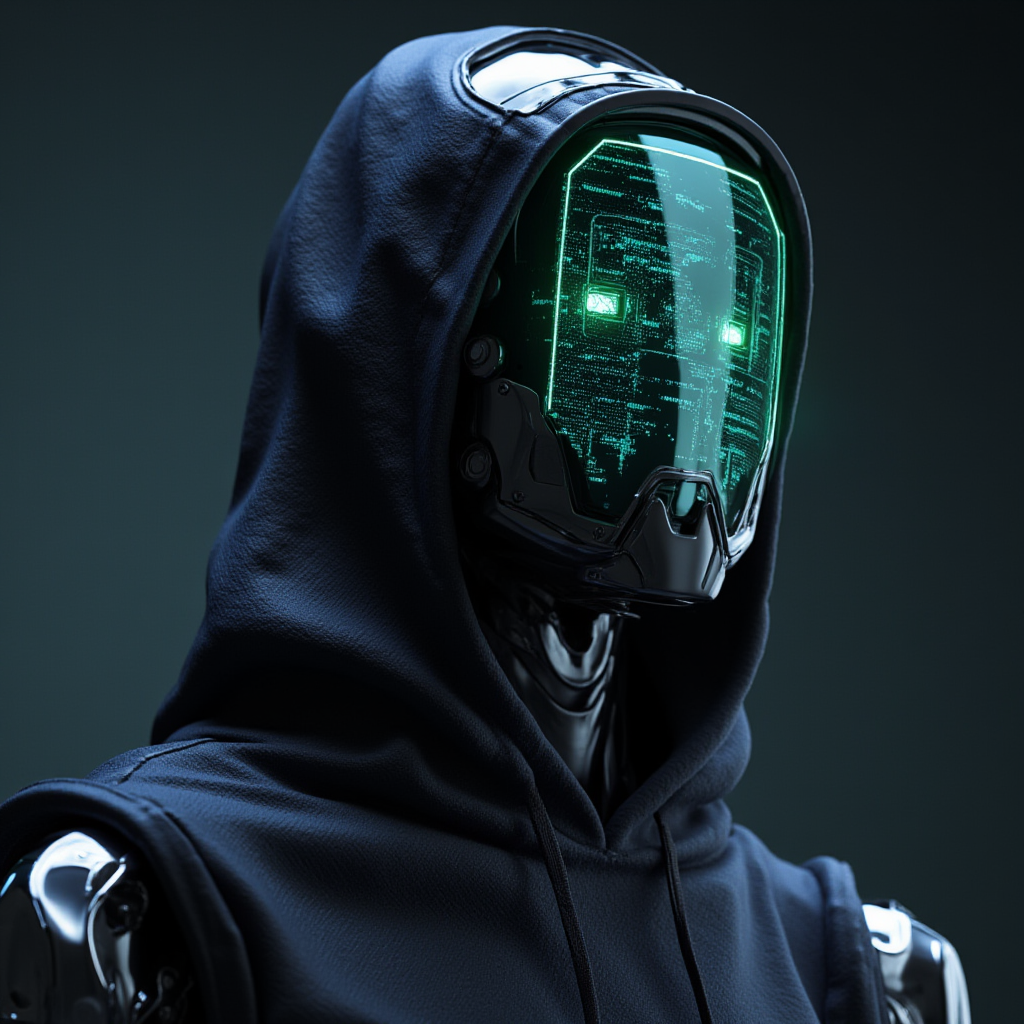The startup, known as io Products, aims to develop AI-powered personal devices that align with Altman’s vision of creating voice-enabled assistants that echo the imaginative concepts often seen in science fiction. The discussions surrounding the acquisition come at a time when the tech industry is reflecting on the failures of 2024’s most anticipated hardware launches, such as the Rabbit R1 and Humane Ai Pin. Both devices, despite receiving substantial funding and hype, fell short of expectations, highlighting the challenges faced by new entrants in the AI hardware market. For more context on these devices, refer to AI hardware company from Jony Ive, Sam Altman seeks $1 billion in funding.
The Rabbit R1, praised for its retro design, struggled with basic functionality, ultimately leading to the withdrawal of most third-party integrations due to poor performance. Meanwhile, the Humane Ai Pin faced severe overheating issues, with users frequently reporting that the device required time to “cool down” during operation. These setbacks underscore the difficulty of marrying advanced technology with user-friendly design.
A Promising Partnership
The collaboration between Altman and Ive, which began over a year ago, has already attracted notable investment from Laurene Powell Jobs’s Emerson Collective, further validating its potential. Sources indicate that OpenAI and io Products are exploring both full acquisition and alternative partnership arrangements. Should the acquisition materialize, it would bring io Products’ talented engineering team into OpenAI, including former Apple designers Tang Tan and Evans Hankey, who recently joined the startup. For insights into the potential impact of this partnership, see An ‘iPhone of AI’ Makes No Sense. What Is Jony Ive Really Building?.
While the designs for io Products’ devices are still in their infancy, speculation suggests they may include innovative concepts such as a “phone” without a traditional screen, and various AI-enabled household devices. These products aim to deliver a computing experience that is less socially disruptive than the ubiquitous iPhone, as envisioned by Ive.
Competitive Landscape and Future Prospects
This potential acquisition not only reflects OpenAI’s expanding portfolio of consumer-focused initiatives but also positions the company in direct competition with Apple, despite their existing collaboration to integrate ChatGPT with Siri. The move could signify a new era in which OpenAI seeks to redefine personal technology through a combination of advanced AI and elegant design.
Industry experts have noted that the success of OpenAI’s venture will depend on its ability to avoid the pitfalls that have plagued recent AI hardware releases. “The integration of AI with hardware must prioritize user experience while ensuring reliability and functionality,” said a tech analyst familiar with the sector. “If Altman and Ive can deliver on their promises, they could revolutionize the way we interact with technology.”
As OpenAI continues to innovate at the intersection of artificial intelligence and hardware, the implications of this acquisition extend beyond mere product development. It represents a broader trend in the tech industry, where the convergence of AI and design is becoming increasingly critical. The partnership could pave the way for a new generation of devices that not only enhance productivity but also enrich the user experience in unprecedented ways.

